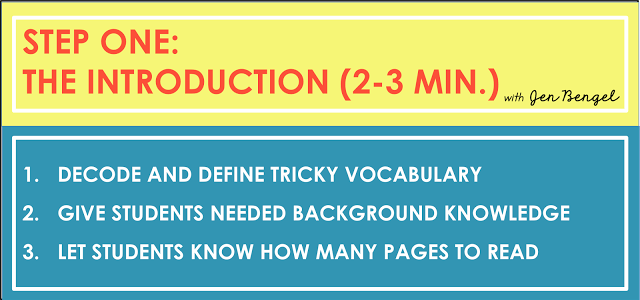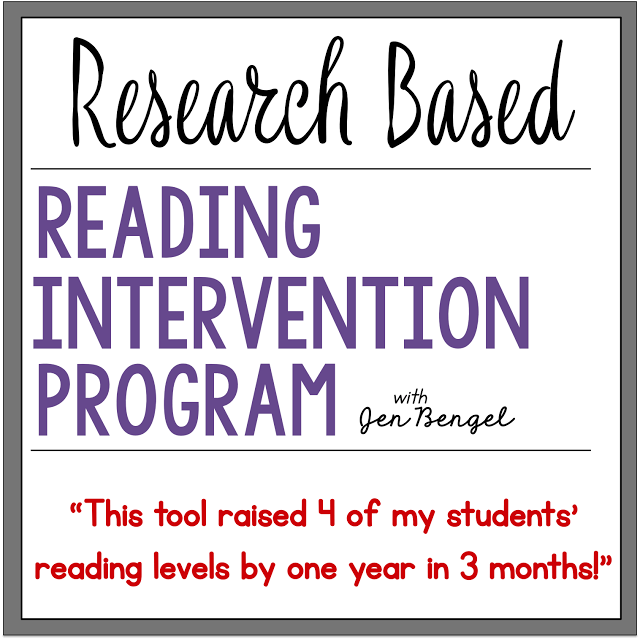Teaching the elements of poetry using guided reading can be an effective approach to help students develop their understanding of the different aspects of poetry. Here are some steps to follow:
Finding the Right Poem
Choose a poem that exemplifies the elements of poetry that you want to teach. For example, if you want to teach about imagery and sensory language, choose a poem that has vivid descriptions and appeals to the senses. All of the poetry guided reading lessons include an original poem that matches the content being taught. Below are examples of 2 of the poems included in the inferring guided reading lesson.


Introduce the Elements of Poetry
Introduce the elements of poetry that you want to focus on, such as rhyme, meter, imagery, figurative language, and symbolism. Explain the definition and purpose of each element.

Activate Prior Knowledge
Conduct pre-reading activities that will help your students activate their prior knowledge and prepare them for reading the poem. For example, you could ask them to brainstorm examples of figurative language or to identify different types of rhyme. In this inferring lesson, a script is provided for you in the introduction of the poem.

Read the Poem
Have your students read the poem independently or in small groups. Encourage them to read the poem multiple times to help them understand its meaning and to notice its poetic devices. After your students have read the poem, guide them through a close reading of the poem with a focus on the elements of poetry. Use prompts and questions to help them identify and analyze the poem's poetic devices. For example, you could ask them to identify the poem's rhyme scheme, to explain the meaning of specific metaphors or similes, or to describe the poem's use of imagery.

Discuss the Poem
Facilitate a group discussion about the poem's use of the elements of poetry. Encourage your students to share their thoughts and observations about the poem, and to ask questions of each other. You can also guide the discussion by asking open-ended questions that promote critical thinking and analysis.

Poetry Response with Writing
After your students have read and discussed the poem, have them write a response that demonstrates their understanding of the elements of poetry. For example, you could ask them to write a poem that uses a specific poetic device or to analyze how the poet used imagery to convey a particular mood or theme. Student pages are provided for each poem. They can be assigned digitally or printed for your convenience.


By following these steps, you can help your students develop a deeper understanding and appreciation of the elements of poetry.
Poetry Guided Reading Bundle
Reading comprehension topics included in the poetry bundle:
- Analyzing
- Author & Audience
- Central Message
- Connections
- Descriptive Language
- Inferring
- Mood and Tone
- Opinions
- Theme
- Visualizing
INCLUDED IN EACH SET:
- 6 complete guided reading lessons for teaching 10 different poetry skills. See detailed small group lesson summary pages for more information. 60 total small-group lessons!
- IMPORTANT: There are 6 poems in each set. There is one poem for each of the 6 types of poetry: cinquain, haiku, limerick, free verse, acrostic, and concrete.
- Custom color and B/W Illustrations from Three Birds Art Studio. IG: threebirds_art
- 20 additional poetry questions related to each of the 10 skills to use with any poem. 200 total questions!
- Small group summary lesson page.
- Detailed description with time suggestions for each of the 6 small group steps.
- Teacher strategy guide for differentiating within each lesson.
- A complete teacher page for each lesson.
- 2 student pages for each lesson.
- Digital and printable (black and white) formats are included.
- ANSWER KEYS!

Lesson Breakdown:
*** there are 6 different poems with custom illustrations in each set. One poem for each lesson!
Lessons include Cinquain Poems, Acrostic Poems, Limerick Poems, Concrete Poems, Haiku Poems, and Free Verse Poems.
Click here to see a blog post using poetry in a reading and writing workshop.























































































































































































